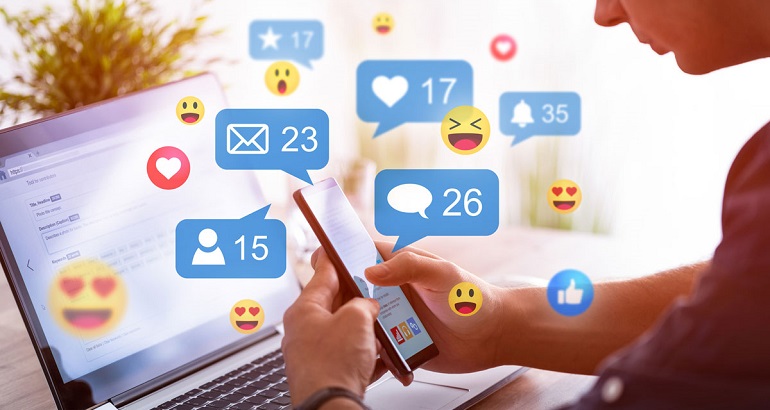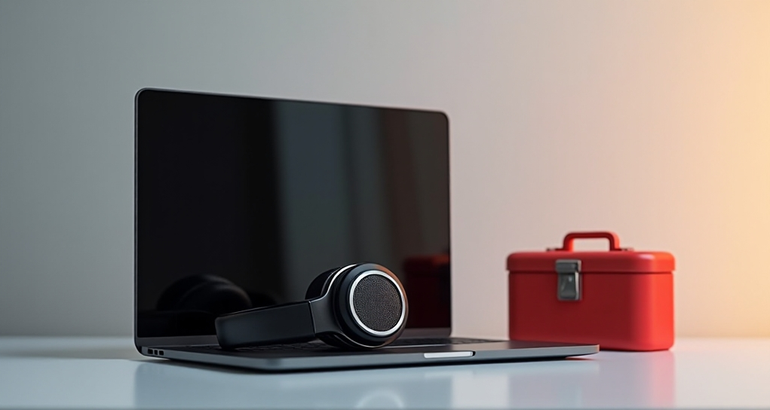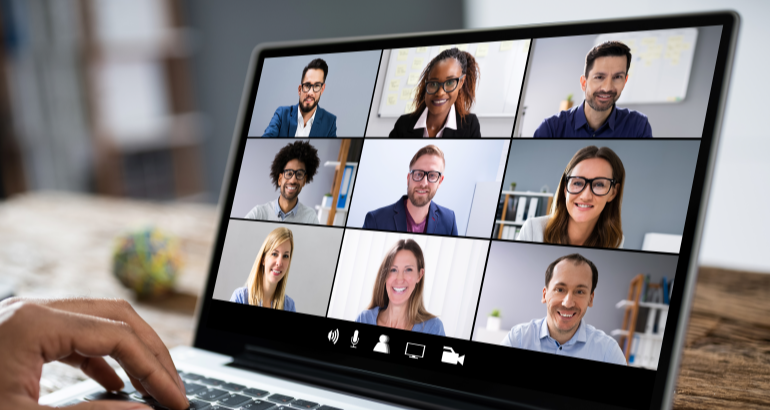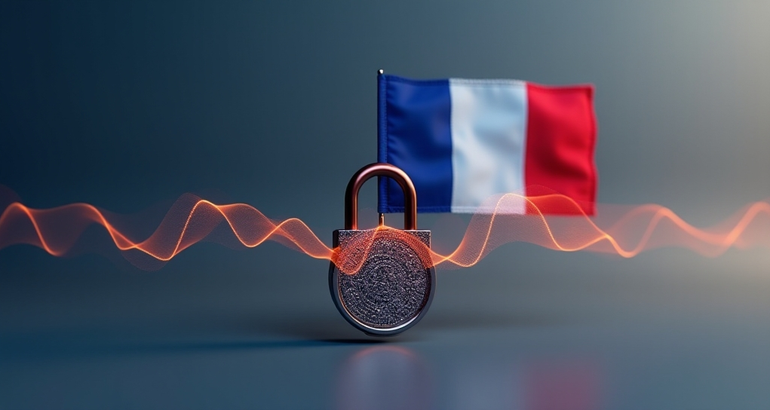How to Protect Your Social Media Privacy?

- Privacy





Overview
Recently, the issue of privacy has been increasingly subject to widespread attention and political debate. People share news, pictures, personal opinions and all the things that happen in their lives on social media platforms. Social networks are great for keeping in touch with your friends, but posting a lot of private information can be detrimental to us.
Contents
Why is social media privacy important?
What are the common social media privacy issues?
How do you protect your privacy on social media?
Social media privacy means that people can discover sensitive information about you from your account or from the content you post. This information may be actively shared by you in a public profile or post, or it may be shared with other companies by social media marketing agencies without your knowledge. Even if your account is set to private, advertisers and scammers can access your sensitive data in other ways. According to the Federal Trade Commission, one in four fraud victims are targeted by social media. Even more worrisome is that some social media sites even collect data from people who do not have accounts. Therefore, it's important to protect your social media privacy.
① Location settings
Be aware of your location settings when using social media, some people will use it to track your whereabouts. You may think that location information does not seem like very valuable data. Imagine if a thief or stalker knew where you were through location information, they could easily tail you or break into your house.
② Privacy settings vulnerability
Many social media companies have changed their privacy policies to allow you to set up and make your account more private. However, changing privacy settings does not always guarantee privacy. In some cases, posts that you share privately with friends or in private groups can become public without your permission. This information may be accessible to anyone.
③ Data Mining
Social platforms do everything based on your information, such as customizing services, placing ads, and analyzing markets. The personal data or preferences you provide paint a picture of who you really are.
④ False Information
Social media is widely used to spread misinformation and false propaganda. Therefore, please double check the suspicious facts you find on social media and do not share it without being sure of its authenticity.
⑤ Harassment and cyberbullying
Social media can be a source of bullying and psychological attacks. The perpetrators do not need to be hackers. They could be a threatening message sent by a suitor, or a bombardment of comments from strangers after leaving a message. It can be a privacy nightmare.
① Don't over-share
You do not necessarily need to provide your address or date of birth to create an account when there is personally identifiable information to fill out. Only provide the necessary information.
② Check the privacy settings of your social media accounts
Be careful to check that your privacy settings on social media such as Facebook, Instafram and Twitter match what you are willing to share.
③ Turn off location settings
When adjusting your privacy settings, don't forget to turn off location sharing. This way you can avoid rating the locations and businesses you visit frequently.
④ Be careful about posting photos
Please think twice before posting photos. A photo of a child without a name may also reveal a lot of information. Revealing your whereabouts through a picture may make you a target for criminals.
⑤ Obtain a virtual private network
A great VPN will mask your real IP address and encrypt your data at the same time. So you can browse, shop, stream, and more without worrying about someone snooping on your network activity. Try MetroVPN.






